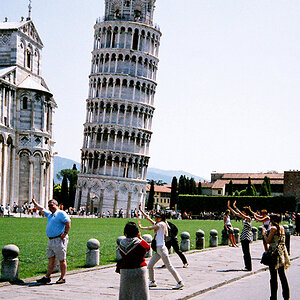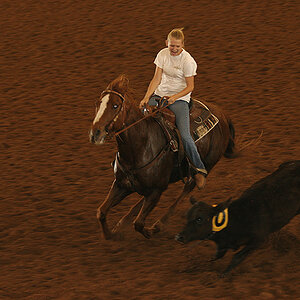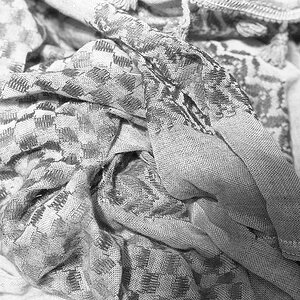RachelRose53
TPF Noob!
- Joined
- Sep 18, 2013
- Messages
- 44
- Reaction score
- 2
- Location
- Florida
- Can others edit my Photos
- Photos OK to edit
I've posted here before and everyone has been incredibly helpful in giving me information. For those who don't already know, I am working on a novel in which one of the characters is a photographer. I have done and am doing a lot of research on my own, and I have a basic understanding of photography concepts, but sometimes there is just something too technical for me to figure out.
Here is what I am requesting. It's a question with a short answer, and no doubt very easy for you guys:
My protagonist (not a photographer) is at a gallery opening of a show (photographer's work, obviously), and she is standing in front of one of the photographs with someone who IS a photographer. The photographs are backstage shots of performers getting ready to go onstage (it's 1986, I am thinking they are going to be drag queens, but for the purpose of this query it's irrelevant who they are, only that these are backstage/dressing room photos, not formal portraits but taken in the middle of the natural action going on). The person who is the photographer says something about the photo they are standing in front of and it is of a technical nature. Something about the way it's lit, or wondering about the lens used or anything else. It could be an admiring comment. It could be a critical comment. It could be a something that she wonders whether it was done one way or another. It could be anything that someone who was a photographer might say in this situation, and it should be way over the head of someone who wasn't. 1986, so pre-digital, pre-Photoshop. Any ideas?
Any help would be much appreciated.
Robin
Here is what I am requesting. It's a question with a short answer, and no doubt very easy for you guys:
My protagonist (not a photographer) is at a gallery opening of a show (photographer's work, obviously), and she is standing in front of one of the photographs with someone who IS a photographer. The photographs are backstage shots of performers getting ready to go onstage (it's 1986, I am thinking they are going to be drag queens, but for the purpose of this query it's irrelevant who they are, only that these are backstage/dressing room photos, not formal portraits but taken in the middle of the natural action going on). The person who is the photographer says something about the photo they are standing in front of and it is of a technical nature. Something about the way it's lit, or wondering about the lens used or anything else. It could be an admiring comment. It could be a critical comment. It could be a something that she wonders whether it was done one way or another. It could be anything that someone who was a photographer might say in this situation, and it should be way over the head of someone who wasn't. 1986, so pre-digital, pre-Photoshop. Any ideas?
Any help would be much appreciated.
Robin


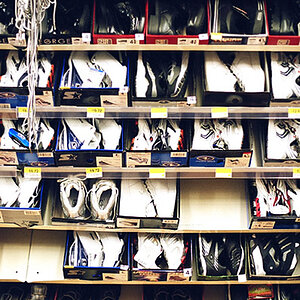

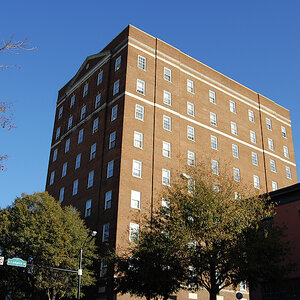
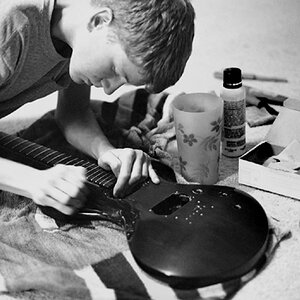
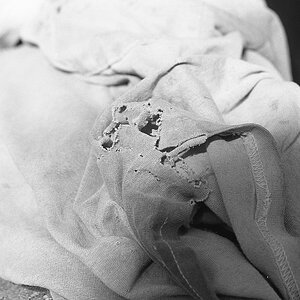
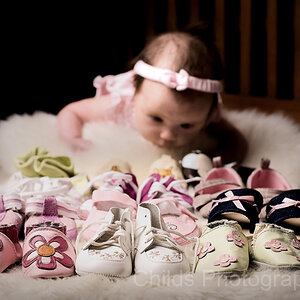
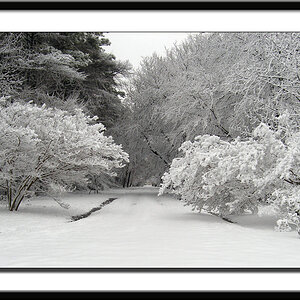
![[No title]](/data/xfmg/thumbnail/40/40286-86401b94de8b01bea8bb4ea154aaea0a.jpg?1619739408)
